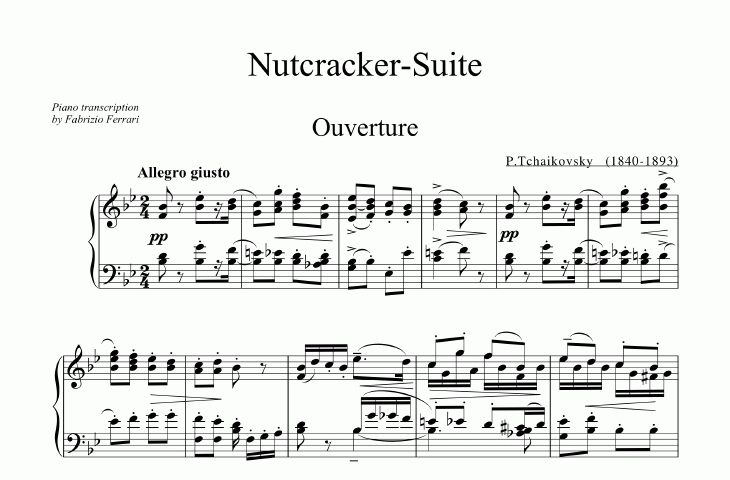Tchaikovsky’s mental anguish informed his work, physician-musician tells Houston audience

Pytor Ilyich Tchaikovsky, the composer of “Waltz of the Flowers,” “1812 Overture” and “The Nutcracker,” is regarded for his music, but many don’t know how brain health challenges—mental anguish and depression—informed his work.
Richard Kogan, M.D., clinical professor of psychiatry at Weill Cornell Medical College and artistic director of the Weill Cornell Music and Medicine Program, explored Tchaikovsky’s mental state during the Susan and C. Richard Stasney M.D. Lecture in Arts and Medicine presented by Houston Methodist Hospital’s Center for Performing Arts Medicine in October.
“Tchaikovsky was pretty much always depressed,” Kogan told a packed audience in Houston Methodist’s Bookout auditorium. “It is rather challenging to do an accurate, retrospective diagnosis on a historical figure, even with living patients that we see, but Tchaikovsky wrote a lot of letters and kept a meticulous diary, so he left a lot of information about his mental state. As I went through his diaries and letters, it was remarkable how frequent his constant references to depression are.”
Throughout the lecture and performance, Kogan explained how Tchaikovsky used music as an outlet to release the torment and despair he felt and played pieces of Tchaikovsky’s work that pointed to his challenges.
“He really only had two strategies for relieving his unbearable sadness,” Kogan said. “One was alcoholism and the other was composing music.”
Born in Russia in 1840 and considered a sensitive youngster, Tchaikovsky was described as a “porcelain child” by his governess.
“Music was such an intense experience for him that his entire body would tremble,” Kogan said. “This is a kid with a delicate central nervous system. … Music would register profound shocks on his system.”
Other factors that led to Tchaikovsky’s depression: separation from his mother during his time at boarding school and her early death as well as his homosexuality.
Despite widespread belief that cholera ended the composer’s life, his cause of death remains a mystery to scholars and historians. However, an inappropriate relationship led to his demise—most likely by arsenic poisoning, the psychiatrist-pianist told the audience.
“In the last year of his life, Tchaikovsky had an affair with a teenager,” Kogan said. “This youngster told his uncle about the affair and the uncle told his lawyer to tell the czar. The lawyer happened to be a classmate of Tchaikovsky at the [Imperial] School of Jurisprudence and he was concerned about a scandal for the school. The lawyer convened a court of honor with Tchaikovsky and they gave him a choice: either they go to the czar or he kill himself.”
In his 53 years, Tchaikovsky composed hundreds of pieces including “The Nutcracker,” “Swan Lake,” “Sleeping Beauty” and “Romeo and Juliet,” all of which remain popular today.
Kogan calls Tchaikovsky’s last work—”Symphony No. 6 in B minor”—a “cry of pain” that sounds as if the composer is fading into oblivion.
“The pitches are sloped exactly downward and the theme is inconsolable anguish,” Kogan said. “I hear it as the most eloquent suicide note ever written.”





